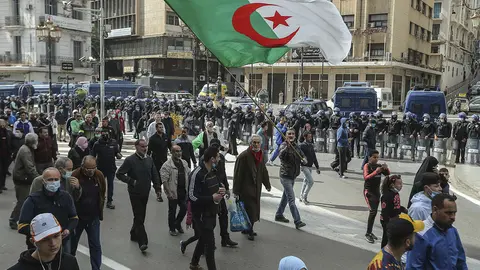Algeria requests European Union intervention in crisis with France
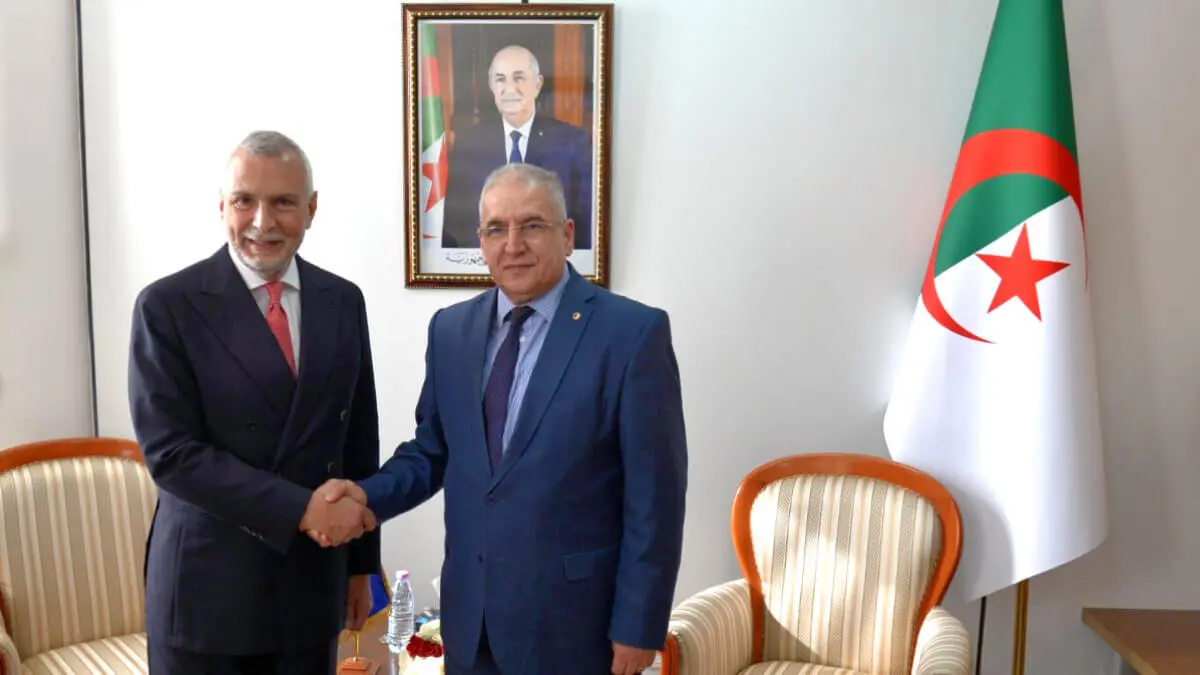
The Algerian economy cannot afford to maintain diplomatic tensions with major European powers such as France and Spain, and has therefore asked the European Union to intervene through the European Union's Director-General for the Middle East and North Africa, Stefano Sannino.
The main political circles close to Abdelmadjid Tebboune's government fear that mistrust will grow among Western countries, as already happened with the rejection of powers, in theory allies, such as Russia and China after they rejected Algeria's entry into the BRICS (Brazil, Russia, China, India and South Africa), an economic bloc that rivals the West.

The concern within the government centres on the possibility that Europe will seek energy partners, which could have very serious economic consequences for Algeria. This problem is exacerbated by the rejection by the United States and its strong alliance with Morocco.
At a meeting between Stefano Sannino and the Secretary General of the Ministry of Foreign Affairs, Lounas Mokriman, at the Ministry's headquarters in Algiers, they discussed the future of relations between the European bloc and Algeria. After the meeting, Sannino emphasised the importance of Algeria's fight against terrorism for Europe and the search for win-win relations.
During the same official trip, the European official also held several meetings with senior Algerian officials, including the Secretary of State for Renewable Energy, Noureddine Yassa. The meeting focused on ways to strengthen the strategic partnership in the field of new and renewable energies.
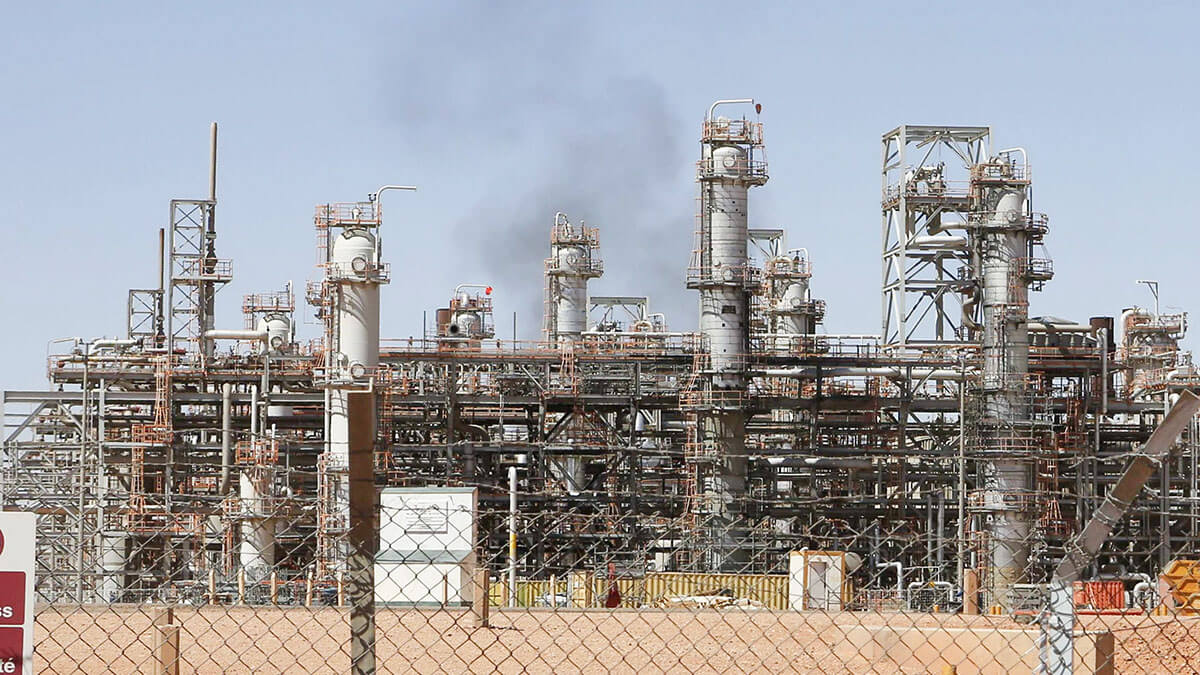
Major economic losses
However, the crisis between France and Spain, with Algeria in particular, on migration and the fight against terrorism, could slow down Sannino's desire to intervene in relations between the EU and Algeria.
This is mainly because both Spain and France have asked the European institutions for help in pressuring the Algerian government to reverse some of the measures paralysing bilateral trade and, in the case of France, to audit all agreements with Algeria on migration.
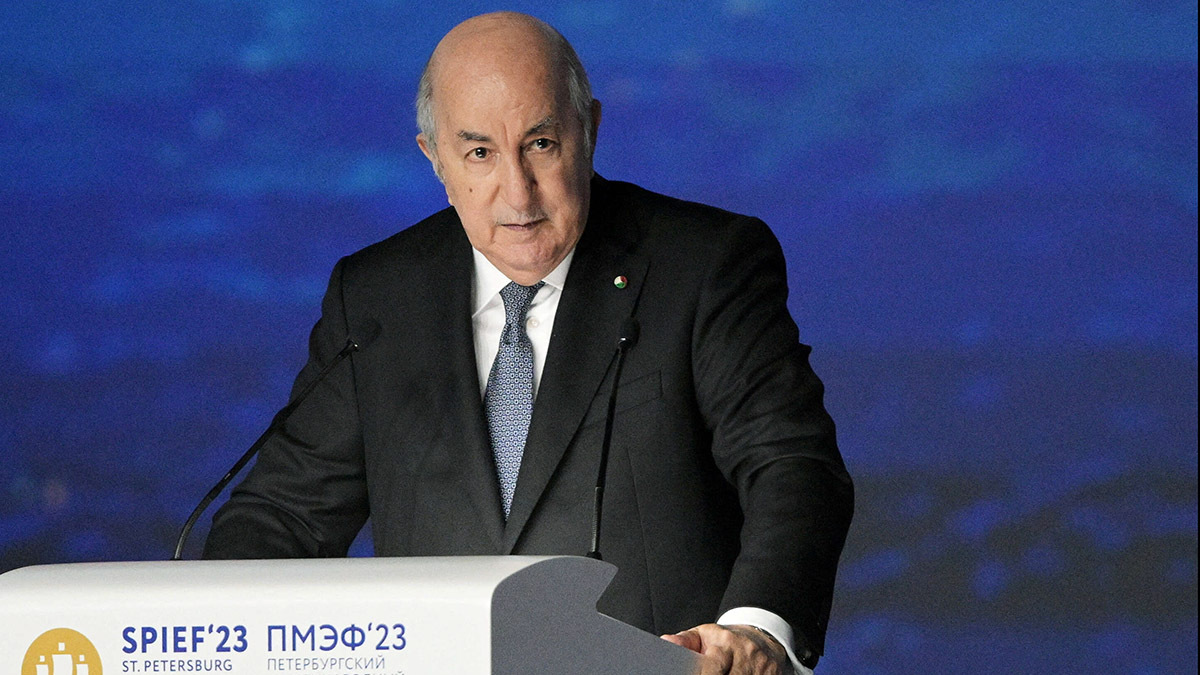
The Spanish government estimates that the trade blockade with Algeria has resulted in losses of more than 3 billion dollars for Spanish and Algerian businesses.
In contrast, the French Ministry of Economy pointed out that the losses in the agricultural sector following the halt in wheat imports have not only resulted in heavy losses, but also in a considerable increase in prices and business uncertainty for Algerian companies working with Paris.
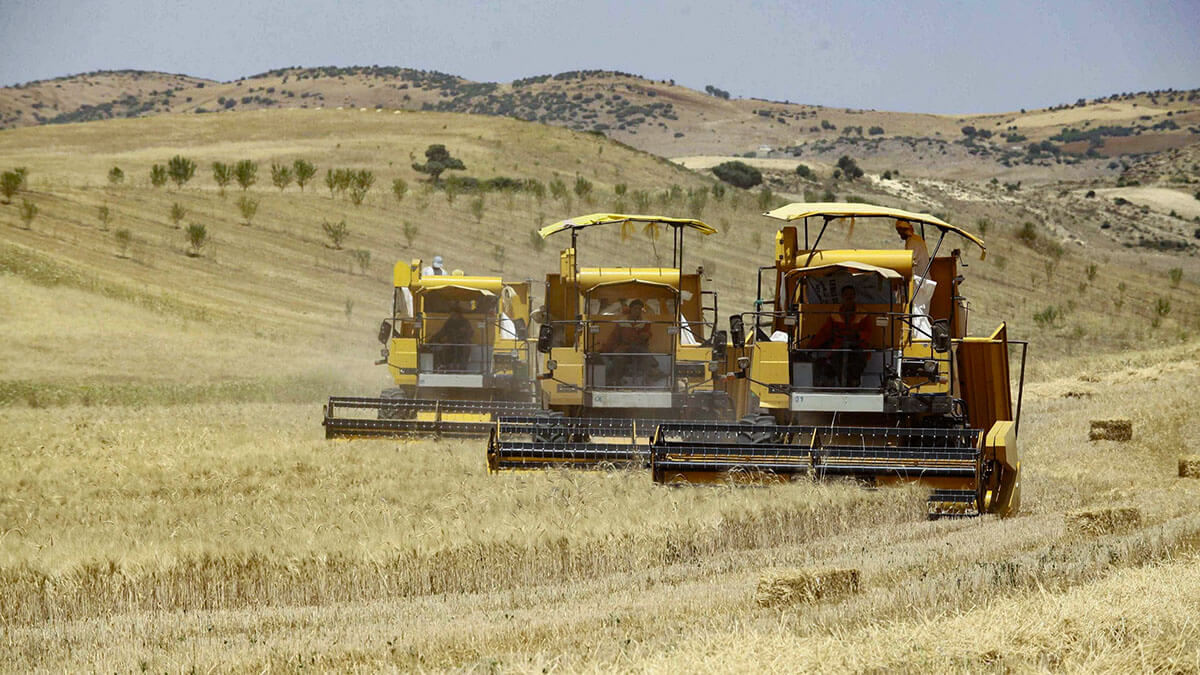
However, behind closed doors, the Algerian president stated that the new consultations with European diplomats are aimed at promoting Algerian interests, but not to resolve disagreements with countries such as France and Spain. As a result, European projects with Algeria in the energy sector, such as the Medlink project and the SOT H2 Corridor, or renewable energy development plans such as the Takat Ashi project, could be at risk.

